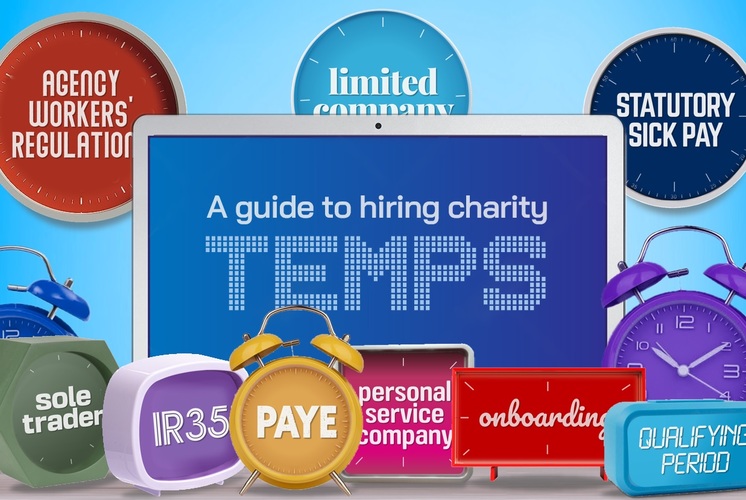You’d be hard-pressed to see it from the familiar-looking figures in our salary charts, but roles in charity finance have continued evolving over the last 12 months, sometimes at a rather surprising speed. Certainly, someone beamed here from ten or even five years ago might have trouble recognising some of today’s roles: what they involve, who’s doing them and how, when or where. Though admittedly they might have some slightly more pressing questions at first. Finance in the spotlightChief among the changes in larger charities has been a drive to integrate finance more closely with other functions, not just as a supporting player but with a central role in strategy and decision-making. That’s driving ever-more demand for finance business partners: individuals with a flair for figures who can also explain them effectively, engage with all kinds of people and integrate seamlessly with other teams. Think the synths from Channel 4’s Humans but with slightly less perfect hair. Commuting’s increasingly consigned to the history books too, as journey times that our traveller from ten years ago might have taken in their stride just aren’t cutting it for contemporary candidates. 30 minutes? Sure. 45 plus? On your bike, say many, though rarely as a genuine transport suggestion. Which makes sense, since finance staff often have little need to be ever-present, many now working remotely as standard, one or two days per week from home, or fitting full time hours into four days rather than five. Plentiful part-time talentWhile five days might still be the standard, this year we’ve seen a notable increase in part-time posts too, typically for two or three days per week. These have particular appeal for experienced candidates wanting more free time but who aren’t (quite) ready to hang up the calculator, and for parents - predominantly mothers, given the sector’s high proportion of female staff - returning to work. The exceptional quantity and quality of applications we receive for such roles suggests there’s a wealth of highly-skilled talent available to charities prepared to offer part-time or job-share posts to attract these groups. Counting on your skillsExpertise in sector-specific systems like Raiser’s Edge is still highly-prized, while advanced Excel and financial modelling skills can bring a steady stream of offers, often from smaller charities in need of fully-fledged finance professionals to make a difference from day one. Whatever your skills, it’s worth brushing up on them as recent experience suggests they’re increasingly likely to be tested at interview stage. Competency tests are becoming a bigger factor in finance recruitment, and it’s not just about crunching the numbers: employers may also want to assess your ability to prioritise, for example, or to interpret complex data in a way that less mathematically-minded colleagues can readily understand.
► How have we defined small, medium and large charities? Click here for details. Contact our finance specialistsIf you'd like to know more about the market in charity finance, discuss recruitment requirements or potential career opportunities, why not talk to our specialists?
Download the full 24-page 2019 Salary Report
| ||||||||||||||||||||||||||||
Policy, Advocacy & Campaigns ►
| ||||||||||||||||||||||||||||



























